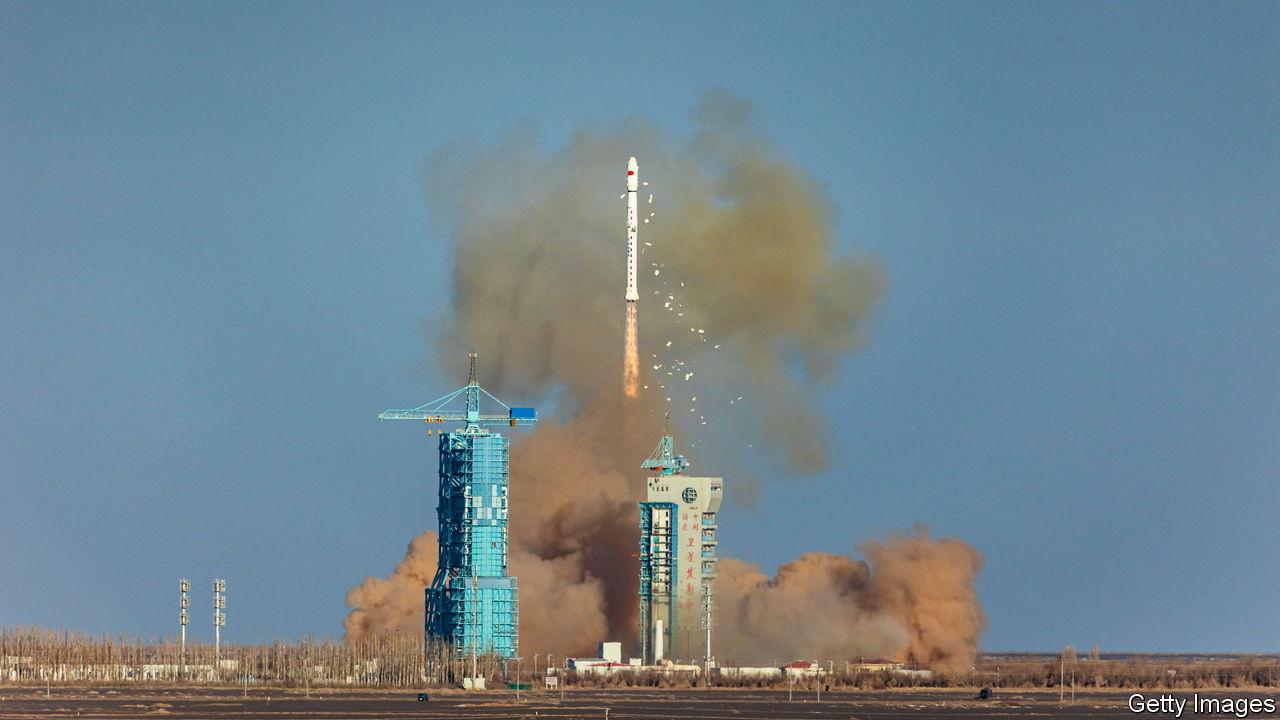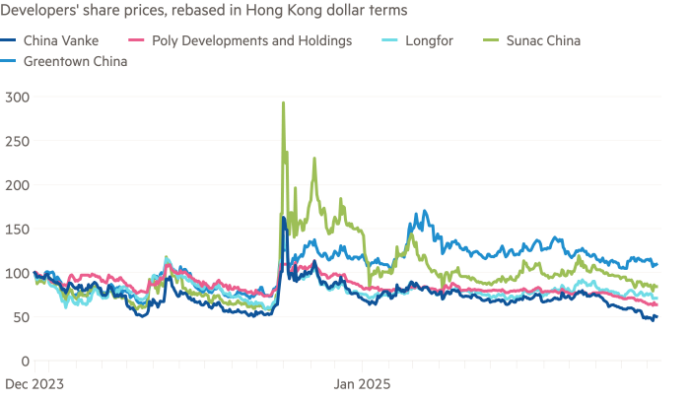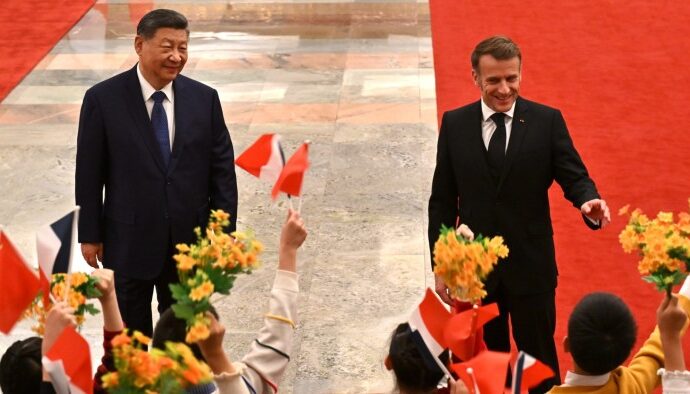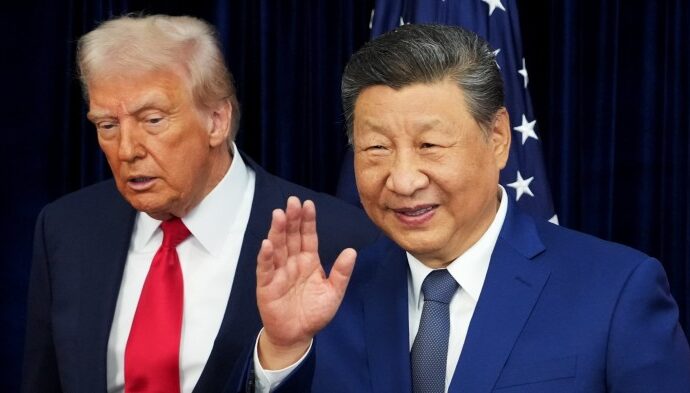
When China began building its first overseas military outpost—a naval base in Djibouti—America and its allies were alarmed. The facility, which opened in 2017, sits just 13km (eight miles) from America’s largest base in Africa. France, Japan and Italy have bases there, too. Before long the Americans accused China’s forces of shining lasers at their pilots. China complained that Western aircraft were overflying its outpost to photograph it.
That friction has since lapsed into grudging coexistence in the former French colony, which is not much bigger than New Jersey. But a new threat to this uneasy balance has emerged with the announcement on January 9th that a Hong Kong-based company with links to Huawei, a Chinese telecoms giant, will build and operate a spaceport covering at least ten square kilometres (four square miles) in Djibouti.
The facility will include seven launch-pads and three rocket-testing pads, says Hong Kong Aerospace Technology Group Ltd (HKATG), which signed a memorandum of understanding on the project with Djibouti’s government and a Chinese company that operates a special economic zone there. In March they will sign a contract for the deal, which allows construction of power stations, water plants, roads and seaports, said HKATG.
Ismail Omar Guelleh, Djibouti’s president, said on Twitter that the $1bn spaceport will take five years to build and be transferred to the government after 30 years. He has long sought to boost the economy through Chinese-funded infrastructure projects. But the pay-off has been less than anticipated and Djibouti has recently been at high risk of debt distress.
If completed, the spaceport offers Djibouti a chance to claim a piece of the multi-billion-dollar global space industry. There are about two dozen active spaceports worldwide. Africa has none: the French abandoned theirs in Algeria after it won independence in 1962, and Italy has stopped using one in Kenya since joining the European Space Agency.
Djibouti has much to offer. It is not far from the equator, where the Earth rotates fastest, giving rockets a boost. Access to the sea would enable clients to import rockets and other bulky equipment by ship. They could also launch eastwards over the ocean, minimising risks for people in surrounding areas while taking advantage of the Earth’s rotation.
There are drawbacks, too. Shipping rockets and satellites across the world is costly and can face regulatory obstacles. America, in particular, makes it difficult to export space-related equipment. Djibouti’s geopolitical environment is complex, given its military bases and civil conflicts nearby. Several other countries are planning new spaceports in the coming years.
But for China, which hopes to develop a private space industry to rival America’s, Djibouti could provide an alternative to the four launch sites on its own soil (one of which is pictured on the previous page). These are operating at capacity, says Thomas Roberts, author of a report on spaceports for the Centre for Strategic and International Studies in Washington. A Djibouti spaceport could lower congestion but would more likely be a backup to China’s Wenchang launch site, its closest to the equator, he says. China has not shipped rockets abroad before, he notes, but it would not be the first space power to do so.
HKATG, which says its main business includes designing, building, launching and controlling satellites, cited bottlenecks at China’s spaceports as the main reason for building the one in Djibouti. The company has previously relied on Chinese rockets; it did not say if it planned to use them in Djibouti. It declined to elaborate on its announcement.
Either way, the deal is likely to be scrutinised by American and allied officials. They have long fretted over the role of the People’s Liberation Army (PLA) in China’s space industry and, in recent years, they have tracked its efforts to establish space-related facilities in countries involved in its Belt and Road infrastructure scheme.
Hong Kong-listed HKATG is a private company but has worked closely with the state-run China Great Wall Industry Corporation, which handles the mainland’ s international space business. HKATG’s executives include former Hong Kong officials. One was a founding chief executive of the China-United States Exchange Foundation, which American officials consider a vehicle for Chinese political influence.
HKATG also works with Huawei, whose products America has banned at home and pressed allies to ditch from mobile networks, claiming it has ties to the PLA and could be involved in spying (Huawei denies the claims). One HKATG project is a constellation of some 100 remote-sensing satellites, ten of which it says are in orbit. With Huawei, that will provide “smart city” and other services in southern China. HKATG also talks of building a similar global service. What role Djibouti might play is unclear, but some of its foreign residents will be keen to learn more. ■
Subscribers can sign up to Drum Tower, our new weekly newsletter, to understand what the world makes of China—and what China makes of the world.
The Economist


